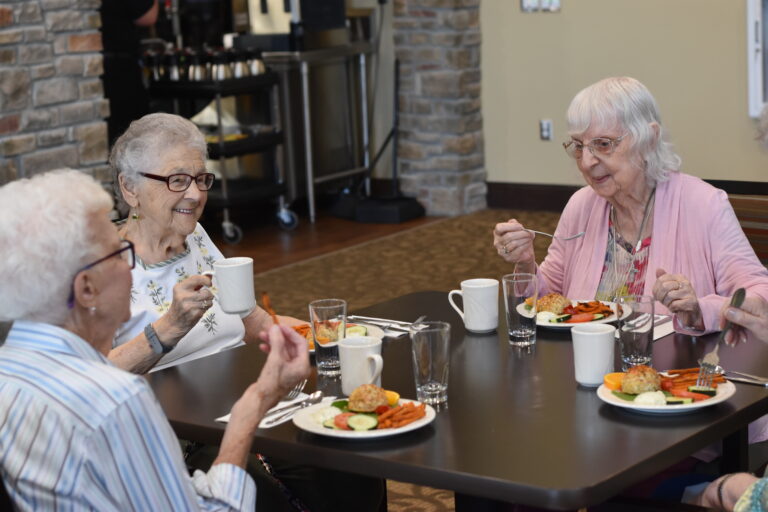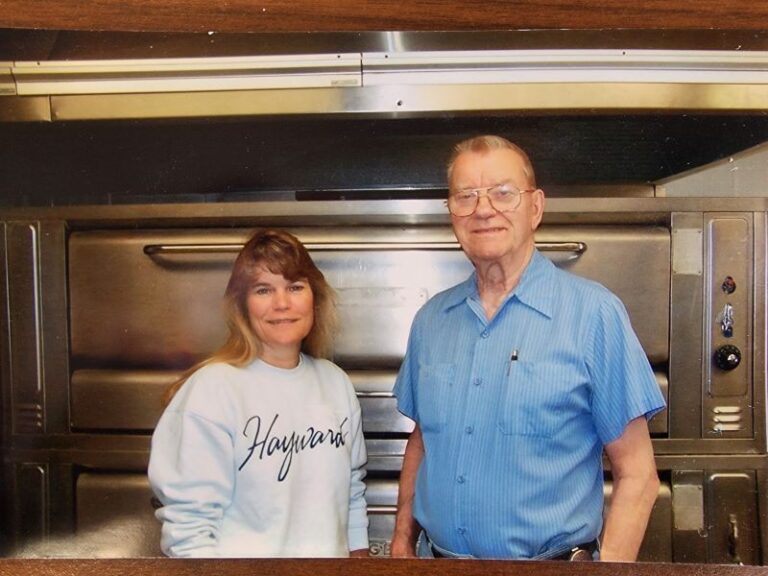
Life flies by faster than we ever imagined. One moment, we’re 16, hoping mom says we can take the family car, and the next, we’re watching our grown children begin their lives.
The hustle and bustle of daily life changes considerably during retirement, and it can feel like new territory. While you get adjusted to a slower pace, be cautious not to get caught up in daily habits that will negatively affect your health in the future. Consider building a routine that helps you feel your best so you can keep your sparkle!
Find Senior Living Near Me
Here are five ideas to live your best retirement life:
1. Keep On Moving
Age is but a number. Don’t let your chronological age trick you into your rocking chair or the sofa for too long. While that’s one way to spend some time, moving around and remaining active is still important. Too much sedentary time can result in losing strength and balance and contribute to falls.
If movement and physical activity are painful or unsafe, check in with your healthcare team to find a helpful solution and plan of care so you can maintain your independence. Thankfully, outpatient therapies can safely get you back on your feet and help you retain your independence for years if you keep up with it.
2. Pay Attention to Your Health
Healthcare services are expanding in various ways, from offering extended hours to adding new locations providing in-home medical services. With increased availability, we might have fewer reasons to avoid seeing clinicians for answers and solutions to common health issues. Being proactive about health is getting to be more convenient.
Remote patient monitoring is another way healthcare is expanding. It does not require anyone to visit their provider’s office. However, it tracks health and communicates with a patient’s medical team to alert them of movement, sleep, nutrition, and vital changes.
3. Know Your Limits
Taking on too many commitments can have negative health effects. While it’s tough to say ‘no’ when you’ve been the helper and caregiver for most of your life, this one is huge!
Balancing commitments and expressing your needs is important. Knowing your limits is necessary so you don’t overextend yourself and risk injury or illness. It can also be very beneficial to ask for help if you need it.
Sometimes, a little support, whether around the house with deep cleaning or through home healthcare services, can keep you independent longer. Having helpers and safety measures to reduce your worries about to-do lists piling up may also boost your confidence.
Confidence and independence go hand in hand. You may hold onto your independence longer if you have even a little help with risky tasks like cleaning gutters or doing things that increase your risk of injury.
4. Stay Socially Active
Did you know that being lonely is as dangerous as smoking? Harvard’s longitudinal study of adult development highlighted that those who lived longest had someone they could trust—typically a spouse with whom they could share their lives.
As time progresses, we may lose loved ones, and it can be easy to self-isolate as years take a toll on us. Local libraries, senior centers, churches, and community clubs are excellent ways to stay active and social, and these organizations provide a great place to meet like-minded friends.
5. Volunteer and Consider Part-Time Work
Volunteering or working part-time in a job that fills your cup is a great way to maintain activity levels and social connections. Consider settings where you can provide acts of service for someone who is truly in need. Daycares, nursing homes, senior living communities, or food shelves are great ways to give back to those who need you. These settings can help you find purpose and keep you moving and learning each day.
If you’re interested in learning how to become a volunteer or part-time staff with us at Edgewood, check out our open positions by clicking here. You can also email us with questions at info@edgewoodhealthcare.com.




